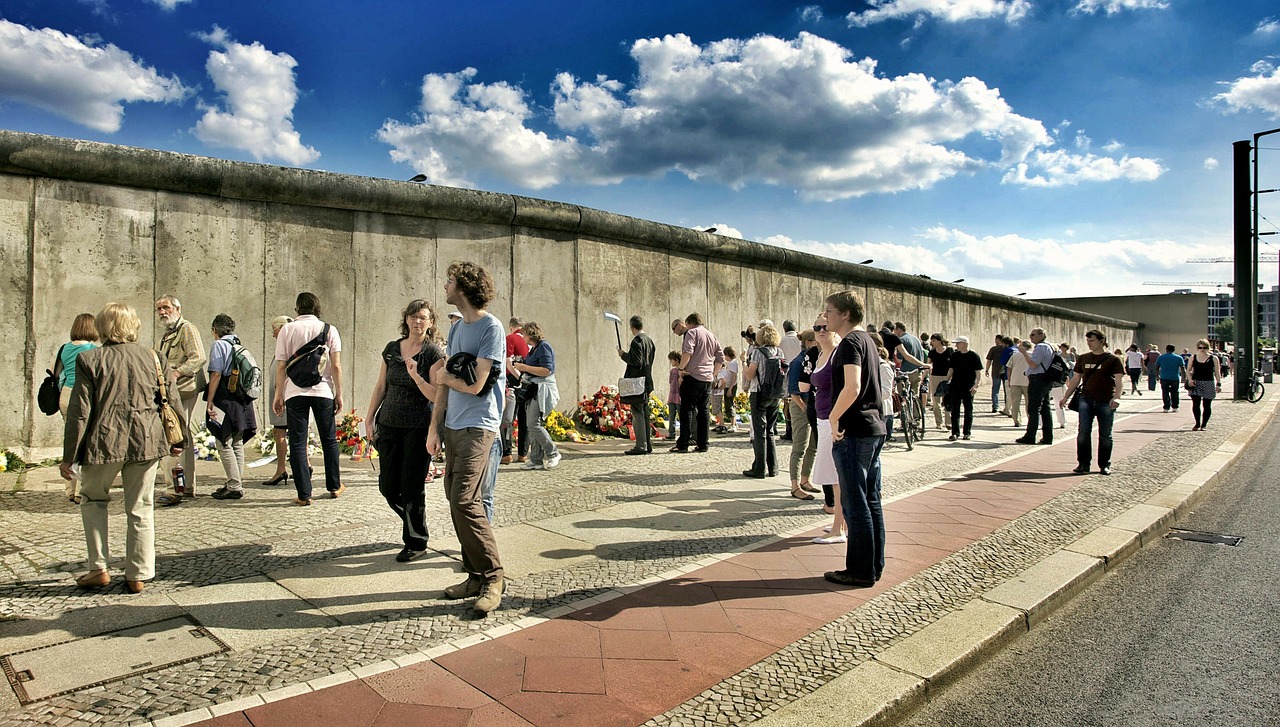
One of the most important places in the life of society occupies the economic sphere, that is, everything that is associated with the production, distribution, exchange and consumption of goods created by human labor.
Economy is commonly understood as a system of social production, the process of creating material goods necessary for human society for its normal existence and development, as well as the science that studies economic processes.
Economy plays a huge role in the life of society. It provides people with the material conditions of existence – food, clothing, housing and other consumer items. The economic sphere is the main sphere of society, it determines the course of all the processes going on in it.
The main factor of production (or basic resources) is:
- land with all its riches;
- Labor, which depends on the number of the population and its education and qualification;
- capital (machines, machines, premises, etc.);
- entrepreneurial ability.
- For many centuries, the problem of how to meet people’s numerous needs was solved by extensive economic development, i.e. by involving new spaces and cheap natural resources in the economy.
With the development of scientific and technological progress, it became clear that this approach to the use of resources has exhausted itself: mankind has felt their limitations. Since then, the economy has developed mainly in an intensive way, implying rationality and efficiency in the use of resources. According to this approach, a person must process available resources so as to achieve a maximum result at a minimum cost.
The main questions of economics are what, how and for whom to produce.
Different economic systems solve them in different ways. Depending on this, they are divided into four main types: traditional, centralized (administrative-command), market and mixed.
The traditional economy began as a producing economy. Now it is preserved in a number of economically underdeveloped countries. It is based on a natural form of economy. The features of subsistence production are: direct relations in production, distribution, exchange and consumption; products are produced for domestic consumption; community (public) and private ownership of the means of production is the basis. The traditional type of economy prevailed at the pre-industrial stage of society development.
The centralized (or administrative-command) economy was based on a single plan. It dominated the territory of the Soviet Union, Eastern Europe, and a number of Asian states. At present, it has survived in North Korea and Cuba. Its main features are: state regulation of the national economy, the basis of which is the state ownership of most economic resources; strong monopolization and bureaucratization of the economy; centralized economic planning of all economic activity.
Market economy is understood as an economy based on commodity production. The most important mechanism for the coordination of economic activity here is the market. The existence of a market economy requires private property (that is, the exclusive right to own, use and dispose of goods belonging to man); competition; free, market-determined prices.
The above economic systems in their pure form are practically uncommon. Elements of different economic systems are combined in their own way in each country. Thus, in developed countries there is a combination of market and centralized economic systems, but the dominant role is played by the first, although the role of the state in the organization of economic life of society is significant. This combination is commonly referred to as a mixed economy. The main purpose of such a system is to use the strengths and overcome the shortcomings of the market and centralized economy. Sweden and Denmark are classic examples of countries with mixed economy.
Due to the transition of a number of former socialist countries from a centrally controlled economy to a market economy, they formed a special type of economic system, called a transitional economy. Its main task is recognized as the construction of a market economic system in the future.